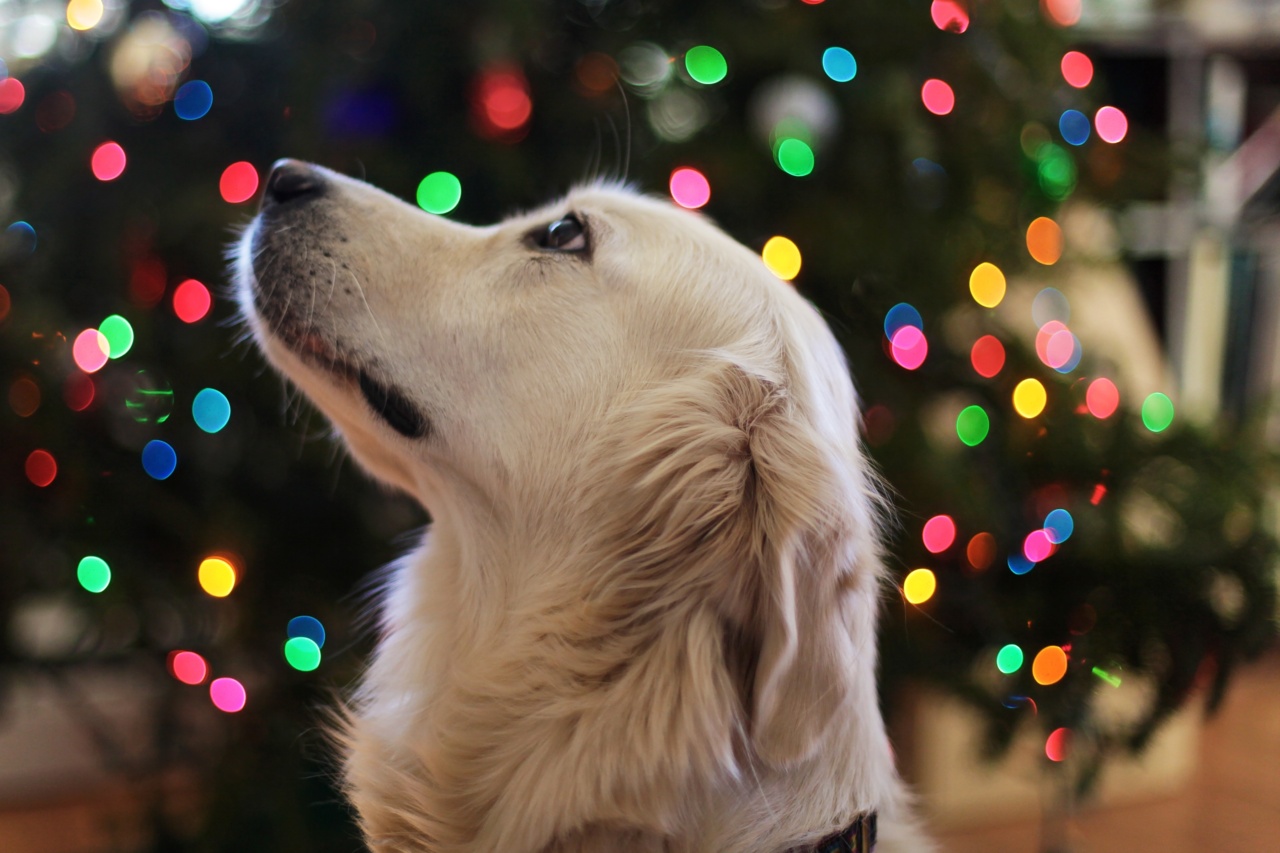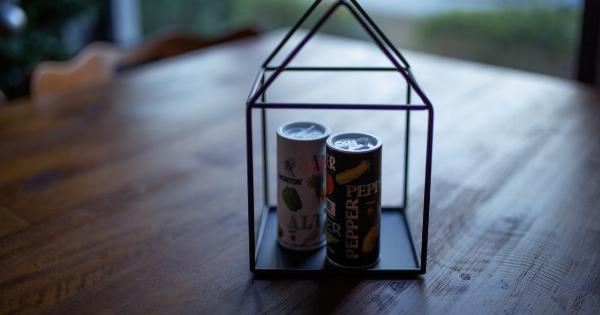Christmas is an exciting time of the year for many people around the world. However, it can also be a stressful time, not just for humans, but also for our four-legged friends.
Dogs, in particular, can experience a range of stressors during the festive season. In this article, we will explore some of the reasons why Christmas can be stressful for dogs, and what we can do to help them cope with the holiday season.
Reasons why Christmas can be stressful for dogs
1. Changes in routine.
Dogs thrive on routine, and any changes to their daily schedule can lead to stress and anxiety. During the Christmas period, your dog’s routine is likely to be disrupted.
They may have to adjust to new meal times, changes in exercise routines, and even an increase in visitors to your home. All of these can be stressful for your dog.
2. Loud noises.
Christmas is often associated with loud music, fireworks, and party poppers. These noises can be extremely unsettling for dogs, and they may become anxious or frightened as a result.
Seeing their owners enjoying these noises can also be confusing for dogs, leading to further stress and anxiety.
3. Unfamiliar people and animals.
Christmas is a time when many people have visitors to their home. This can be a great opportunity for socialization and bonding for your dog, but it can also be stressful, especially if your dog is not used to being around unfamiliar people or animals.
The presence of unfamiliar people can also lead to a change in your dog’s behavior, causing them to act out of character.
4. Rich foods and decorations.
Christmas is a time when many people indulge in rich and delicious food. However, these types of foods can be harmful to dogs, leading to digestive issues, obesity, and even poisoning. Christmas decorations, such as tinsel, can also pose a risk to dogs.
Eating these items can lead to severe stomach discomfort and even intestinal blockages.
How to reduce stress in dogs during Christmas
1. Establish a routine.
As we have seen, disruptions to routine can be stressful for dogs. Therefore, it is important to establish a routine that includes regular mealtimes, exercise, and sleep.
This will help your dog feel more comfortable and relaxed during the holiday season.
2. Provide a safe place.
Make sure your dog has a safe space where they can go and relax when they are feeling overwhelmed. This could be a crate, a cozy bed, or a quiet room. Make sure they have access to this space at all times and that it is a quiet, calm environment.
3. Avoid loud noises.
Try to avoid loud noises, such as fireworks or parties. If you know that these events are going to happen, try to keep your dog in a quiet room or outside of the home.
You may also want to consider investing in noise-reducing ear muffs or earplugs for your dog.
4. Introduce new people and animals slowly.
If you are expecting new people or animals to your home during the festive season, introduce them slowly to your dog. Allow them to get acquainted with each other in a calm, relaxed environment.
If your dog is still uncomfortable, remove them from the situation and try again later.
5. Keep food out of reach.
Make sure all food and decorations are out of reach of your dog. Avoid feeding them rich, fatty foods and provide them with dog-friendly treats instead.
If you think your dog has eaten something they shouldn’t have, contact your veterinarian immediately.
Conclusion
Christmas can be a fun and exciting time of the year for everyone, but it can also be stressful for dogs. By following the tips in this article, you can help reduce your dog’s stress levels and ensure they have a happy, healthy holiday season.






























